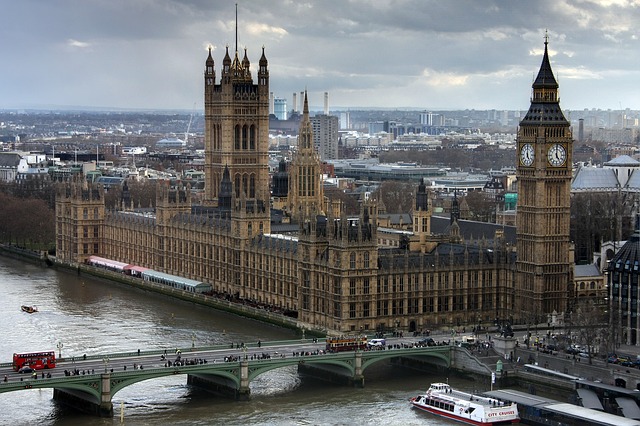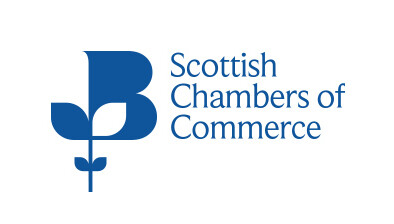Chancellor Hunt announces £55bn tax rises and spending cuts

Financial experts have warned the Scottish Government against introducing “less competitive rates of tax” in the wake of tax increases and spending cuts announced by Chancellor Jeremy Hunt this morning.
In his first Autumn Statement, Mr Hunt extended the freeze on key allowances and thresholds, including the Personal Allowance, the higher rate threshold and the IHT threshold until April 2028, to raise an additional £25 billion in tax revenue.
The Chancellor reduced the threshold for paying the additional rate of income tax from £150,000 to £125,140.
He also confirmed that the corporation tax rates announced in March 2021 will still apply meaning that the main rate of corporation tax will increase to 25% from April 2023 for companies with taxable profits above £250,000.
Mr Hunt further announced support for low-income households by extending the energy price guarantee by a further 12 months, though it will decrease in value after April. A rise to the minimum wage was also announced to £10.42 from April, an increase of 92p or 9.7%.
Susan Love, ACCA strategic engagement lead, Scotland, said: “While greater certainty is welcome and we look forward to early sight of the details, today’s statement provided few bright spots about the path back to economic growth. As businesses hunker down, it will become more important than ever for government to pump-prime investment and business growth.”
“Businesses in Scotland will now wait to hear how the Scottish Government’s tax and spending plans will be shaped by today’s announcement, in the hope that this doesn’t translate into less competitive rates of tax, whether on income or property.”
Susan Cattell, head of tax technical policy at ICAS, said: “ICAS believes that there should be more public discussion about the role of tax in supporting public services and contributing to the common good. The government could promote this by being open and transparent about the need to raise revenues and the role of tax in paying for public services.
“Instead the Chancellor has decided to increase tax receipts in less obvious ways, through an extended freezing of some key allowances and thresholds, including the Personal Allowance, the higher rate threshold and the IHT threshold. This contrasts with the cancelled Health and Social Care Levy – where an increase in taxation was clearly linked to the need to raise more revenues to pay for social care. The Chancellor also reduced the threshold for paying the additional rate of income tax from £150,000 to £125,140.
Luke Bartholomew, senior economist, abrdn, said: “Having learnt the hard way the risks of shocking financial markets, the government’s fiscal announcements today were all largely as leaked and so expected. As such there likely to be a very limited market reaction.
“That doesn’t however, make them any less economically painful. The economy is heading for a deep recession, with tighter fiscal policy adding yet another headwind to growth. However, with the UK suffering from pronounced underlying inflation pressure, it is far from clear that there is much space for significantly easier fiscal policy to support growth.
“The government’s strategy appears to assume that by tightening fiscal policy, this means that monetary policy will not have to tighten as much, with the consequence that interest rates will stay lower than they otherwise would have.
“This means interest rate sensitive parts of the economy, the housing sector in particular, is more protected than it would have been.”







